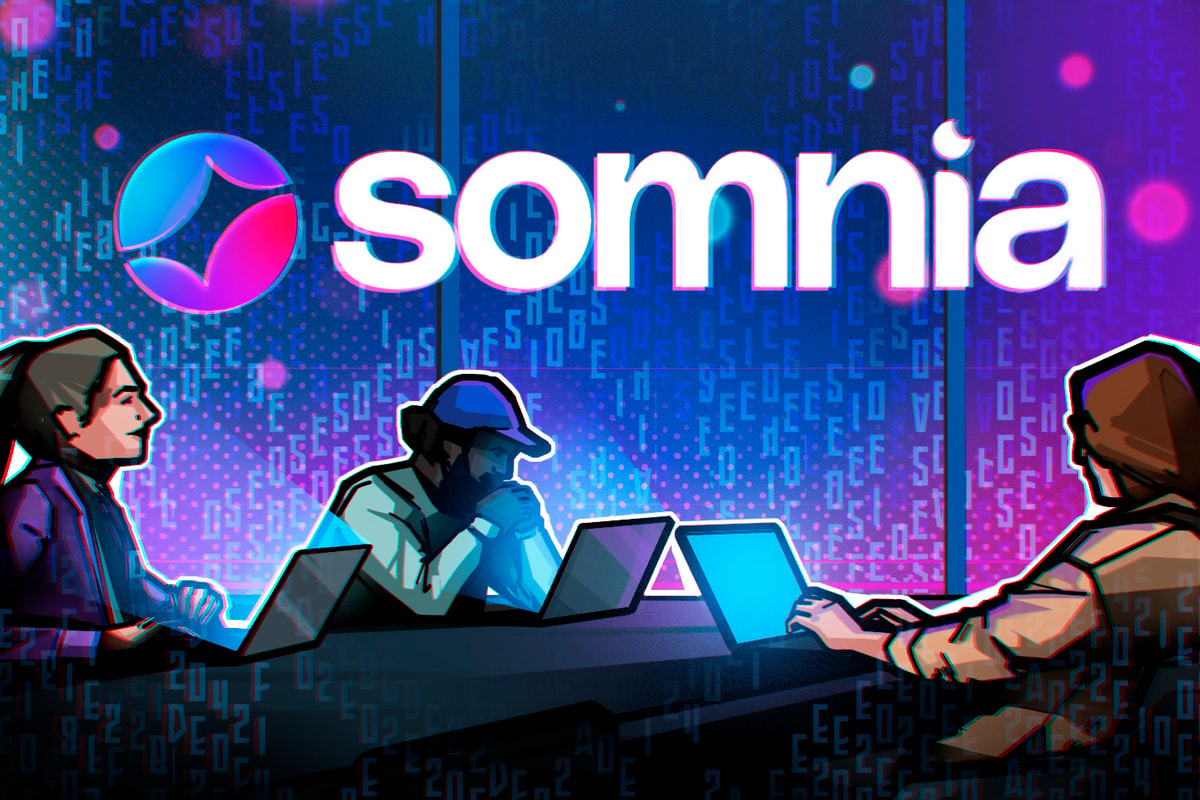
A recent MIT Technology Review article covered by Bitcoin Magazine, titled “Technical Roadblock Might Shatter Bitcoin Dreams,” asks whether the Bitcoin network could be scaled up to support thousands of transactions per second, like the world’s major payment networks, and concludes that the answer is no, unless the Bitcoin code is radically re-engineered.
“Today’s representative blockchain such as Bitcoin takes 10 min or longer to confirm transactions, achieves 7 transactions/sec maximum throughput,” notes a recent research paper. “In comparison, a mainstream payment processor such as Visa credit card confirms a transaction within seconds, and processes 2000 transactions/sec on average, with a peak rate of 56,000 transactions/sec.” The researchers conclude that, in the current design of Bitcoin Core, there is a fundamental conflict between throughput and decentralization.
Joi Ito, director of the MIT Media Lab, is persuaded that the development community will find ways to scale Bitcoin eventually, but warns that the process could take too long to meet the expectations of some investors and Bitcoin companies. “I think there are some businesses that have promised returns based on the scaling that are not really reasonable,” said Ito, according to the MIT Technology Review article.
Ito’s MIT Media Lab hosts the Digital Currency initiative, directed by former White House senior adviser for mobile and data innovation Brian Forde. The Digital Currency Initiative wants to bring together global experts in areas ranging from cryptography to economics to privacy to distributed systems, to play a key role in Bitcoin technical development. According to Ito, the Media Lab should be an independent, neutral home to help with Bitcoin standards development. Three Bitcoin Core developers -- Gavin Andresen, Cory Fields, and Wladimir van der Laan -- have joined the MIT Media Lab.
The launch of the MIT Digital Currency initiative and the “takeover” of three Bitcoin Core developers including Andresen, probably the best known and most influential Bitcoin developer, has been widely interpreted as a claim for technical leadership in the Bitcoin development space. Therefore, it’s important to understand MIT Media Lab’s position in the ongoing Bitcoin scaling debate.
Now, Joi Ito is beginning to weigh in with an article titled “My view on the current situation of Bitcoin and the Blockchain.” In the article, which promises to be the first of a series, Ito notes that the core developers of Bitcoin, who find themselves at home working on cryptography, systems, networks and code, are now unable to interface effectively with the commercial interests whose businesses depend on scaling the technology. They can only do their best, but their best isn’t good enough for “those who don't understand the architecture or the nature of what is going on inside of Bitcoin,” says Ito.
“If you try to build ‘something like Bitcoin but better!’ it will probably turn out insecure, underwhelming, and will go against the the fundamental principles that give Bitcoin the potential to be as impactful to banking, law and society as the Internet has been to media, communication, and commerce,” says Ito, noting many relevant parallels between the recent history of Bitcoin and the somewhat longer history of Internet protocols. “Governments and banks are launching all kind of plans without enough thought going into how they're actually going to build the secure ledger.”
This seems a direct jab to the many companies and institutions that are betting on non-Bitcoin blockchains and “permissioned” blockchains where transactions can be validated only by vetted participants. Ito seems to agree with legendary cryptographer Nick Szabo, who believes banks and state actors should embrace the crowd-sourced power and resiliency of permissionless blockchains like Bitcoin.
Ito concludes by expressing hope that the Bitcoin community will find ways to “handle the inevitable disagreements in the future in a less emotional and more technical and operational way.”
In related news, representatives from the Bitcoin industry and members of the development community, congregated in a “Bitcoin Roundtable,” have reached an agreement on some of the controversial technical and operational development issues that Ito seems to allude to. The Bitcoin Core developers who signed the agreement include Fields, but not the other two developers -- Andresen and van der Laan -- supported by the MIT Media Lab. The official position of Ito and the Digital Currency Initiative on the Bitcoin Roundtable solution hasn’t been disclosed at the moment.
Photo Joi Ito / Flickr(CC)










